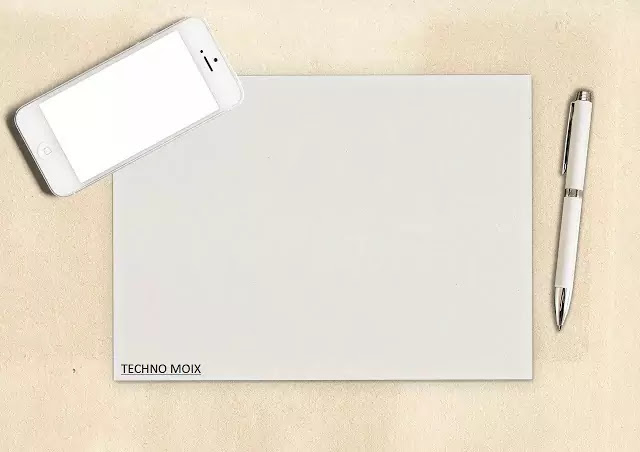Google new paper phone for digital welfare
This the phone allows people to turn all the necessary information for a whole day, such
as contact numbers, maps, and appointment schedules, into a printed booklet.
Google has introduced this phone for the 'digital welfare' of
consumers (Google).
Google is one of the largest smartphone makers in the world, but it
is still helping people use their mobile phones less.
In a
recent experiment, Google has introduced a paper
phone for the 'digital welfare' of consumers, an easy solution to
the 'addiction' of smartphones.
This the phone allows people to turn all the necessary information for a whole day, such
as contact numbers, maps, and appointment schedules, into a printed booklet.
A
video made on a paper phone said: 'Most people think
they spend too much time on their phones and can't see what's in front of their
eyes. It has become very difficult to reduce the use of our phones because we
rely so much on them.
We've
come up with a simple solution to digital de-taxation. All you have to do is
pick the most important information and our app will print it out and turn it
into a paper phone.
Google is not the first company to address the issue of 'digital
addiction'. Apple's new iOS 12 also has a feature called Screen Time that
allows users to restrict the use of their iPad or iPhone.
Google has added this feature to Android. For Android, Quality Time The monitor calculates the amount of time spent on phone apps and rewards for
reducing usage.
Numerous
studies have found evidence that excessive use of social media and smartphones
has negative effects on a person's mental health.
In
early 2019, the Royal Society for Public Health launched 'Scroll Free
September' to help people reduce their use of social media and regain control
of their lives through technology.
Just
as the Dry January campaign aims to end alcohol consumption, so does the
'Scroll Free September' aimed at revisiting the increased use of networks such
as Facebook, Instagram and Twitter.
"Most
of us have a laid-back attitude when it comes to painting a picture of the
mental health and the well-being of young people," said Chris Almere,
chairperson of the All-Party Parliament, which works for the mental health and the well-being of young people.
Many of the platforms that are used are also useful
but sometimes it is good to take some time out of it.
Whether
it's looking at the timeline before going to bed, or following accounts that
hurt your self-esteem or the phone barrier between talking to family and
friends.
"We
hope this experience will help you digitally talk with technology and allow you
to focus on the things that matter most," Google said,
referring to the paper phone.




Do not enter any spam line. thank you